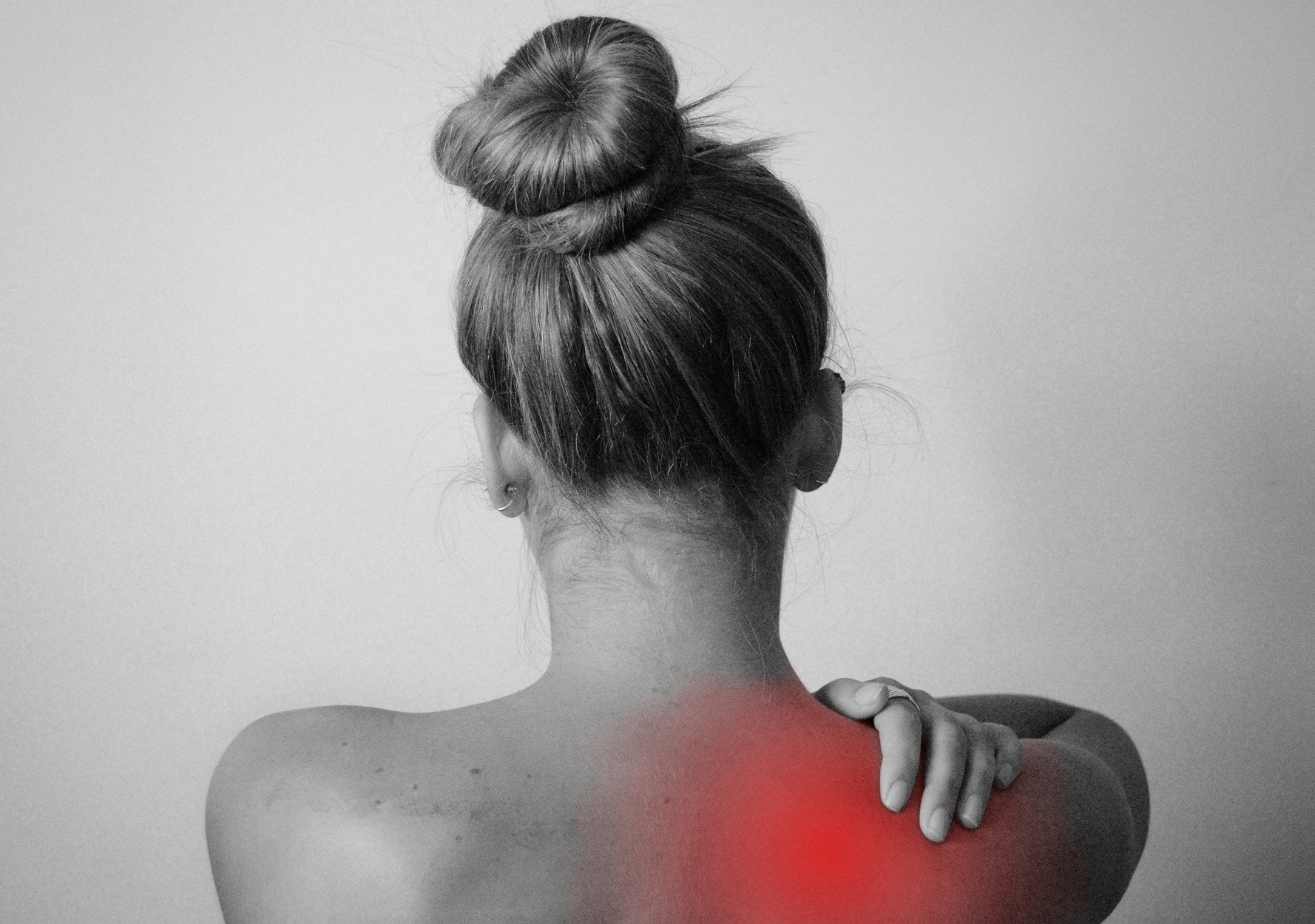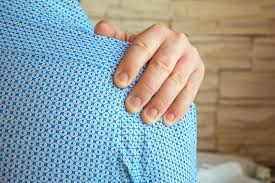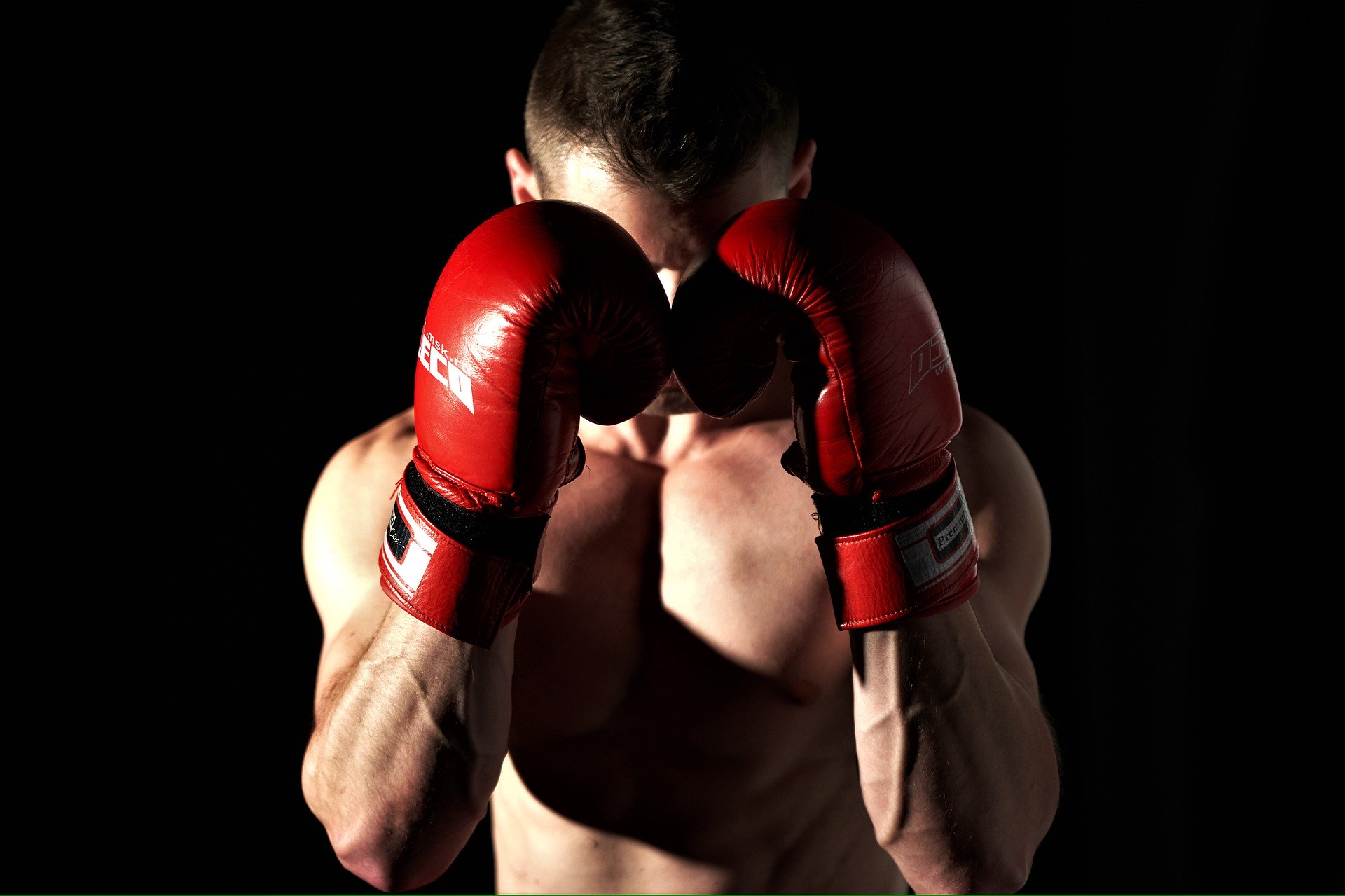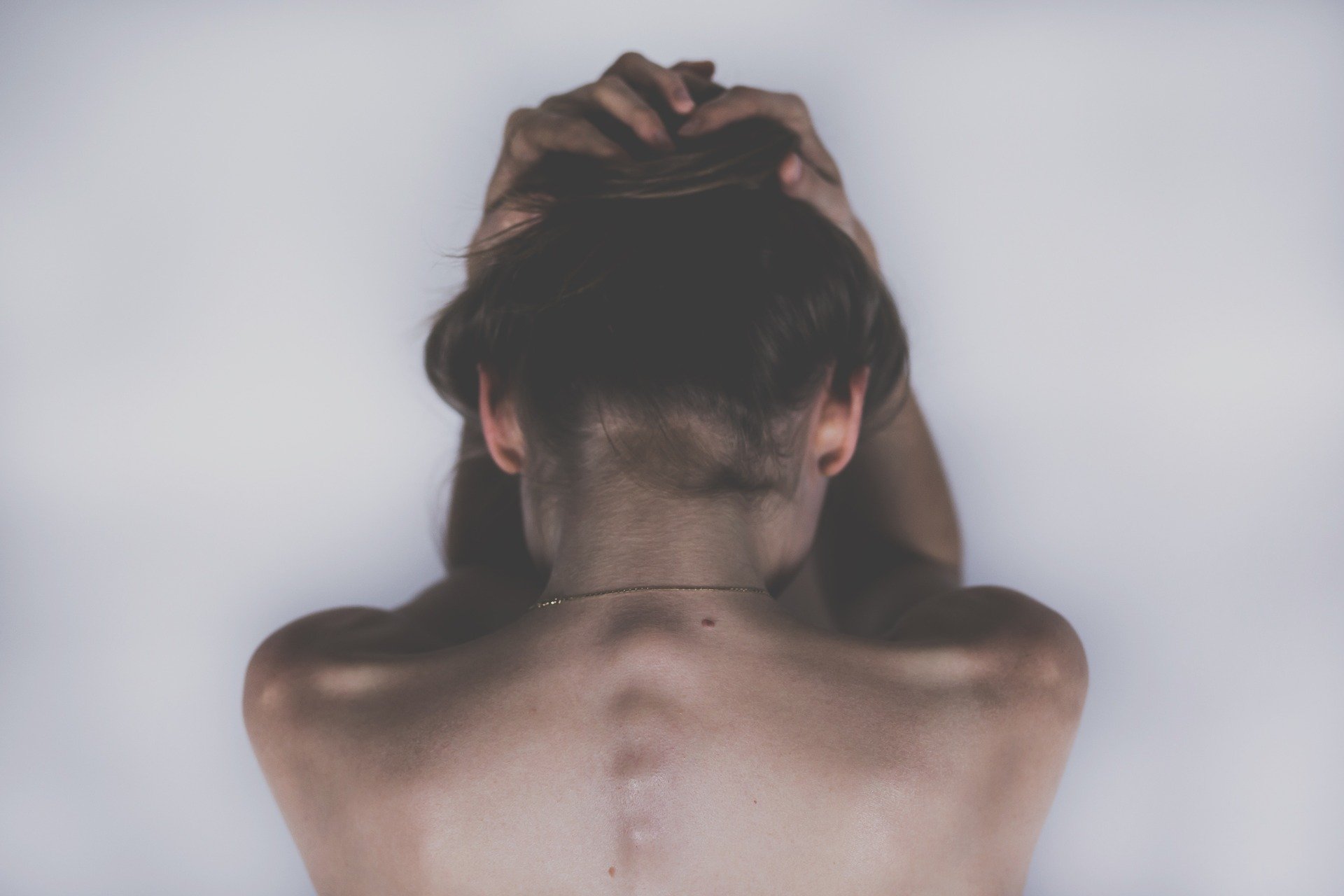Shoulder Conditions
The following shoulder conditions can be treated by Dr Rory Harvey

Arthritis of the Shoulder Joint
The term "arthritis" is usually used to mean the progressive loss of
the cartilage lining of any joint.The cartilage acts as a shock absorber and contains no nerves.This,in turn,means that when the cartilage has worn away,the bone(which has abundant nerves) underneath is exposed resulting in pain.This causes the person to use that joint less and less resulting in stiffness.

Calcium in the Shoulder Tendons (Calcific Tendonitis)
There are 4 main tendons surrounding the shoulder joint, and collectively these are called the "rotator cuff".Collections of calcium in these tendons are common and do not always produce symptoms.The calcium usually gets absorbed by the body but this can take up to 2 years! It is at the stage when the calcium starts getting resorbed that the symptoms become severe.
Read more about the diagnosis and treatment...
Dislocation of the shoulder
Dislocation of the shoulder joint means the ball of the joint has come completely out of it’s socket and usually needs to be put back in place in hospital and under sedation. On the other hand, the term subluxation means that the shoulder has only partially come out of it’s socket.
Read more about the diagnosis and treatment...
Frozen Shoulder
The term "frozen shoulder" refers to a condition that causes
inflammation and scar tissue to form in the lining of the shoulder joint (the "joint capsule").

Shoulder Problems in Athletes - The Rotator Cuff
The "rotator cuff" is just a fancy name for the 4 tendons which attach to the head of the humerus. These tendons lie just underneath the main shoulder muscle, called the deltoid muscle and are responsible for all the important shoulder movements, such as rotation and lifting above shoulder height. The commonest tendon injured in young sportsmen is the supraspinatus, which lies on top of the shoulder and is responsible for lifting the arm up.
Read more about the diagnosis and treatment...
Rotator Cuff Tears
The shoulder joint is surrounded by 4 important tendons and together
they are called the "rotator cuff". As their name suggests they are responsible for
rotating the shoulder inwards and outwards,as well as lifting it away from the side of the body (abduction).